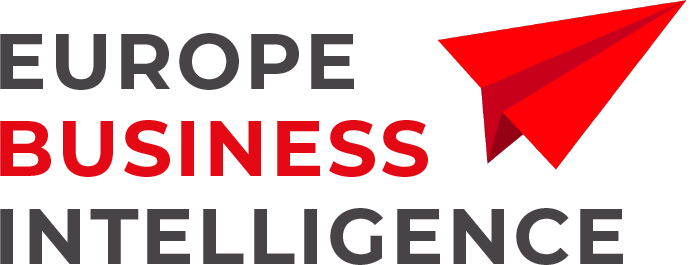Is Generative AI a real innovation that will transform our world and should we fear it?
Generative AI has received a lot of media attention in the last few years, especially thanks to models such as Chat GPT that have shown impressive results in generating text and answering specific queries. However, is this media attention justified? Is generative AI just a hype or a real shake-up?
Chat GPT is a natural language model capable of autonomously generating text. This technology has attracted growing interest because of its promising capabilities, but also because of its risks.
Chat GPT, a real innovation
Chat GPT is considered a real innovation in the field of generative AI. This natural language model was developed by OpenAI in 2018 and has since undergone several improvements to reach the GPT-3 level. This version is capable of producing coherent and convincing texts, and even simulating a dialogue with the user. This technology is used in several areas, including translation, content writing, data analysis, and chatbot creation. It has incredible potential to automate tedious tasks and improve the efficiency of many processes.
Risks to consider
However, generative AI, including GPT Chat, also presents potential risks to society. The ability to automatically generate coherent and convincing text can be used for malicious purposes, such as creating false information, falsifying documents and manipulating public opinion. In addition, generative AI can reflect undesirable biases and prejudices present in the input data, which can amplify these biases when generating content. Finally, the use of generative AI raises ethical and legal issues, including intellectual property.
The need for appropriate regulation
To minimize the risks of generative AI, appropriate regulation is essential. This can include measures such as transparency in data collection and use, clear ethical standards, and government oversight. It is also important to continue researching and developing this technology, while constantly assessing its impact on society and working to minimize risks.
Indeed, despite its many advances, generative AI is not yet perfect and still has significant technical and ethical limitations. It can sometimes produce inconsistent or erroneous content, which can be misleading or dangerous for users.
In addition, the use of generative AI raises ethical issues, including intellectual property, privacy, and liability for errors or harm.
In sum, Chat GPT and generative AI in general are a true innovation that has the potential to transform many fields. However, the potential risks must also be considered, and appropriate regulation is essential to ensure that this technology is used responsibly and for the benefit of society.







